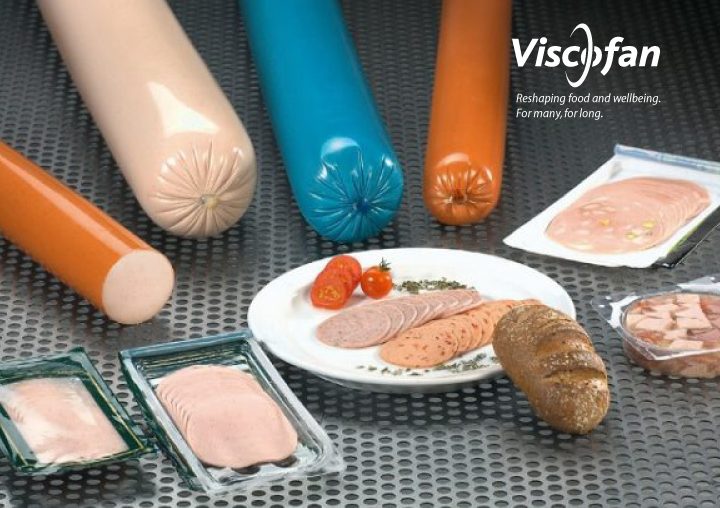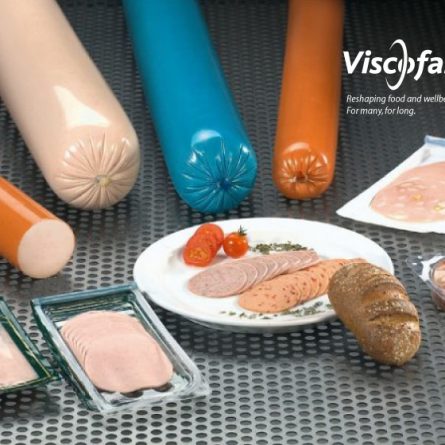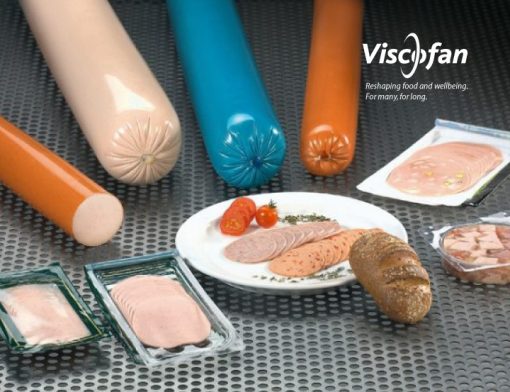The consumer market is becoming increasingly demanding, and this is reflected in the food industry. The ease of access to information has changed consumer habits, and companies now have to keep up with them. Investing on sustainability in the food industry has become a necessity seeing as this consumer trend has been growing with time. Not only that, companies that invest on sustainable products see greater revenue and longevity since consumers are willing to pay more for sustainable products.
Brazilian consumers are becoming more concerned about our planet. A survey conducted by Brazilian survey institute FIESP/Ibope shows that 21% of the consumer market prefers buying food from companies that help protect the environment. If companies want to reach out to these customers, then it is essential for them to invest on sustainable practices.
Keep reading this article to learn more about some of the sustainable actions that will help you keep up with the market trends.
Sustainable packages
Investing on sustainable packages is an important measure to preserve our planet. Packages made out of biodegradable materials reduce environmental impacts while retaining product quality. The new packages are a result of technologies working for the benefit of the environment, since they use less fossil resources during manufacturing.
In the meat products industry, transferable and collagen casing are becoming promising sustainability options thanks to their efficiency. They don’t require cold storage and don’t need to be hydrated beforehand since they’re ready for use from the get-go. Moreover, the product can be sent directly for cooking, saving up to 4 hours on average from the entire process and helping us save on water and electricity.
Optimized production processes
Another way to save on resources and care for the environment is by optimizing your company’s production processes. The use of transferable and collagen casings makes this possible in the meat products industry, since they can speed up the relevant processes. Transferable casings are already colored and flavored, on top of having an immediately perceivable aroma. These traits are then transferred to the cold meat during cooking without any detriments to curing.
The nontransferable casings (usually the fibrous casings) usually must be soaked before use and cured. During cooking, they lose water and their weight can be reduced by up to 14%. The oven must also be cleaned with running water before curing. However, not only are these processes unnecessary for transferable casings, they help you save on resources and increase productivity.
Sustainable efforts in the food industry
Sustainable economic practices don’t just end with saving water and electricity. Investing on circular economy is an efficient way to care for the environment, since the resources remain in the production chain for longer periods of time. Practices such as reuse, recycling and remanufacturing become part of the cycle to better leverage the existing resources.
It’s safe to say that sustainability in the food industry is here to stay, and companies that quickly adapt to it will have a competitive edge in the market. There are many measures that can be taken with projects that favor the reduction of environmental impacts. This is why we’ve developed innovative and disruptive solutions that pave the way towards production based on new trends and consumer habits.
Were these tips relevant to you? Follow us on social media to keep up with the latest news and updates! Instagram, YouTube, Twitter and LinkedIn.



